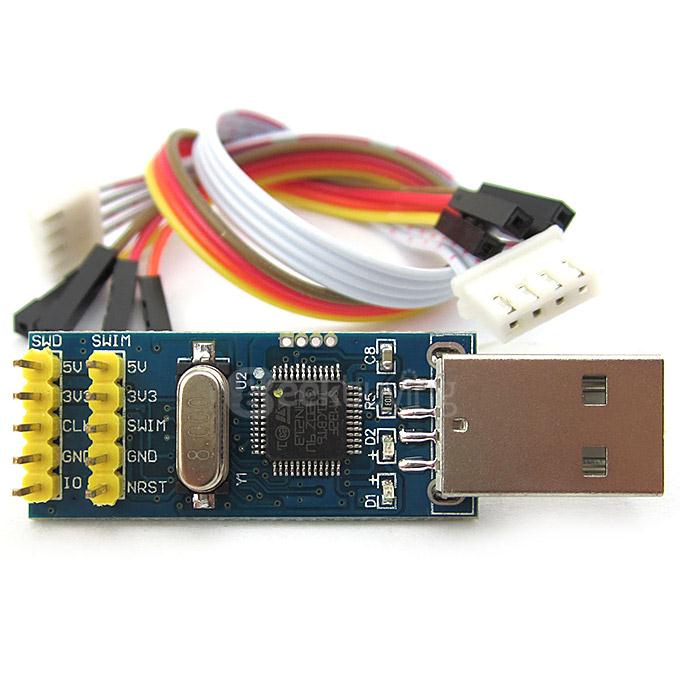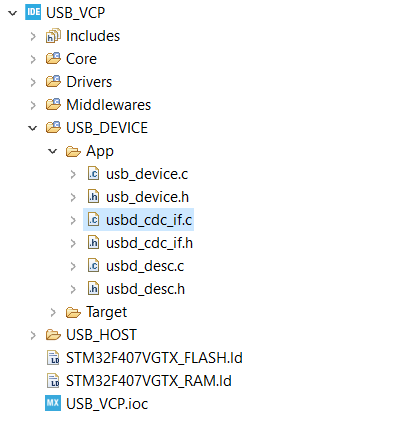
- #Stm32 driver skyboard serial
- #Stm32 driver skyboard drivers
- #Stm32 driver skyboard driver
- #Stm32 driver skyboard full
- #Stm32 driver skyboard code
#Stm32 driver skyboard driver
The stack and driver has been tested using two custom boards: one F207 and one F411 it works quite well in both.
#Stm32 driver skyboard code
The code is much cleaner (especially the low level driver) it took me some time to clean up the bugs and work around some errata. I attach a new version of the USB host stack (+ STM32 low level driver), included in an (untested) F407 Discovery demo. Test.zip USB Host stack for ChibiOS (122.54 KiB) Downloaded 509 times It shouldn't be a big job, because not many functions are used. One important detail: The driver makes use of the Linux Kernel list.h header (renamed as usbh_list.h). General: more options to compile-out portions of code to reduce flash/RAM usage. LLD: DMA and High speed support (don't have a board with HS phy)
#Stm32 driver skyboard drivers
High level: More class drivers (HID, UVC) High level: Event sources for connection, disconnection, etc. Plug a pendrive (best if there's nothing critical in there!).įuture improvements might include (also, see TODOs in all files):
#Stm32 driver skyboard serial
Connect a PC's serial port using 230400bps 8N1 the example uses serial driver SD1 (UART1_TX/RX).ħ.
#Stm32 driver skyboard full
Configure the usbh driver in usbh_conf.h, especially STM32_USBH_USE_OTG: 1 = OTG_FS, 2 = OTG_HS (in Full speed mode)Ħ. Configure the IOs in main(), especially the SD1 UART pins, the VBUS enable pin (if any), and the USB pins (note that the driver doesn't work with external PHYs yet, only with the internal Low/Full Speed PHY).ĥ. Currently, I use a custom board with the STM32F207.Ĥ.

Configure your MCU in mcuconf.h, board.h, Makefile. You should replace the ChibiOS (in hal/ports/STM32/LLD/OTGv1/) version with the one provided.ģ. The stm32_otg.h file is a modified version of the one distributed with ChibiOS (one bug correction, and some additions). Include/usbh_desciter.h: Header for usbh_desciter.cĢ. Include/usbh_hub.h: Header for usbh_hub.c Include/usbh_msd.h: Header for usbh_msd.c Include/usbh_conf.h: Configurations (Tune this file) Src/usbh_msd.c: Mass Storage class driver Src/usbh_desciter.c: Configuration descriptor iterator routines (see example in usbhDevicePrintConfiguration) Src/usbh_lld.c: The low level driver for STM32 OTG This works also through USB hubs.Īll the devices I have lying around get enumerated ok: The TestThread detects the BLK_READY state, and begins a quick test (read/write/file listing), using the FATFS library. The MSD then loads one block driver for each Logical Unit (LUN). Also, if the device is a mass storage device, then loads the Mass Storage Driver. The provided example enumerates the connected devices and prints device/configuration details. The poll rate and priority are not critical (the example provided uses 100ms). This function polls the connected hubs (including the root hub) for port status changes (connect/disconnect, etc), and enumerates devices and loads appropriate drivers. Mempool alloc & submit URB to ISO IN endpointįor the high level driver to work, the function usbhMainLoop has to be called periodically. The synchronous API is built upon the asyncrhonous API. Synchronous API, for Control and Bulk only, which send a message while blocking the thread for the answer: The high level driver exposes two kinds of APIs to perform transfers: I think the driver is basic but quite complete (for example, it supports multiple devices at the same time, and a clean asyncrhonous API). The high level driver API is inspired in various hosts/libraries including Linux and libUSB. Interface Association driver (dummy driver which loads drivers for interface groups - necessary for USB Video Class and USB Audio Class) HUB driver, tightly integrated with the high level driver, to connect multiple devices to the USB port. Mass Storage driver, which exposes a ChibiOS Block Device (to connect, for instance, to FATFS).

On top of the high level driver, we can write class drivers. * I will test Isochronous IN with the USB Video Class driver I don't have other devices to test INT/ISO OUT. * Support for all the transfer types, but only tested Control SETUP/IN/OUT, Bulk IN/OUT, Interrupt IN. * MUCH room for improvement/optimization yet, the driver has to be tested thoroughly. * class driver loading by Class/Subclass/Protocol and VID/PID (TODO) * port connection/disconnection detection The driver is split in two (as the rest of the ChibiOS HAL): The code quality is ultra-beta for now (especially the low level driver), but it works with the (few) devices I've tested.

I've been working on a USB host stack and driver for ChibiOS for the last couple of weeks.


 0 kommentar(er)
0 kommentar(er)
